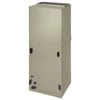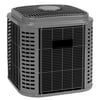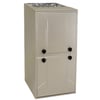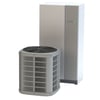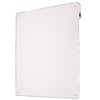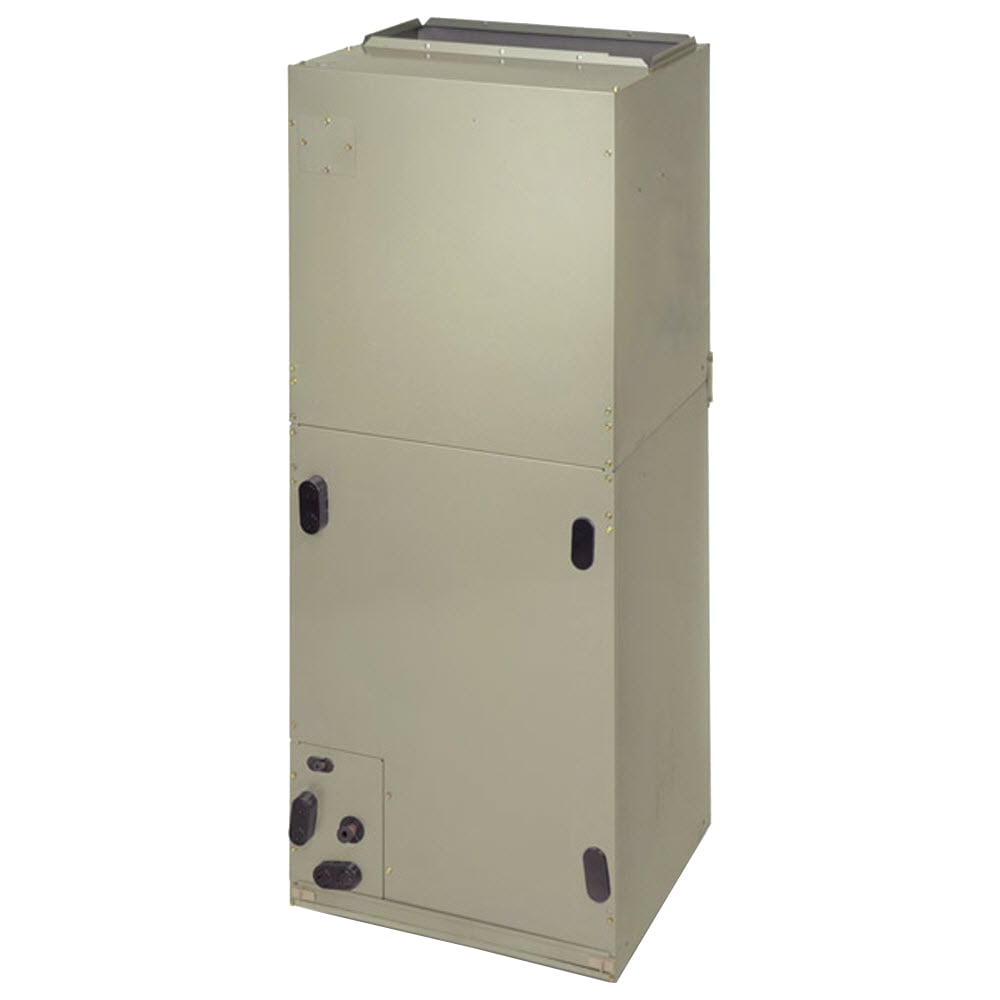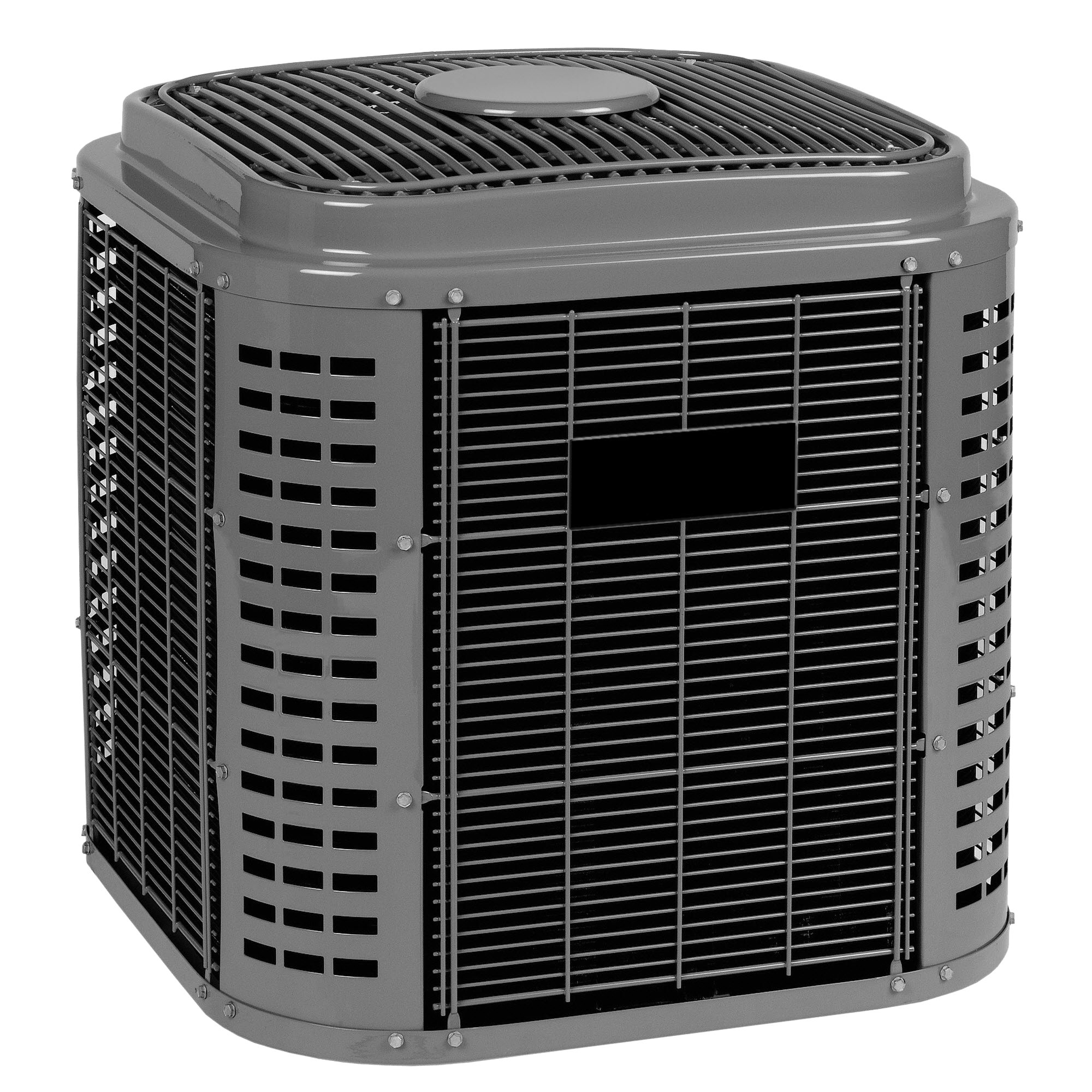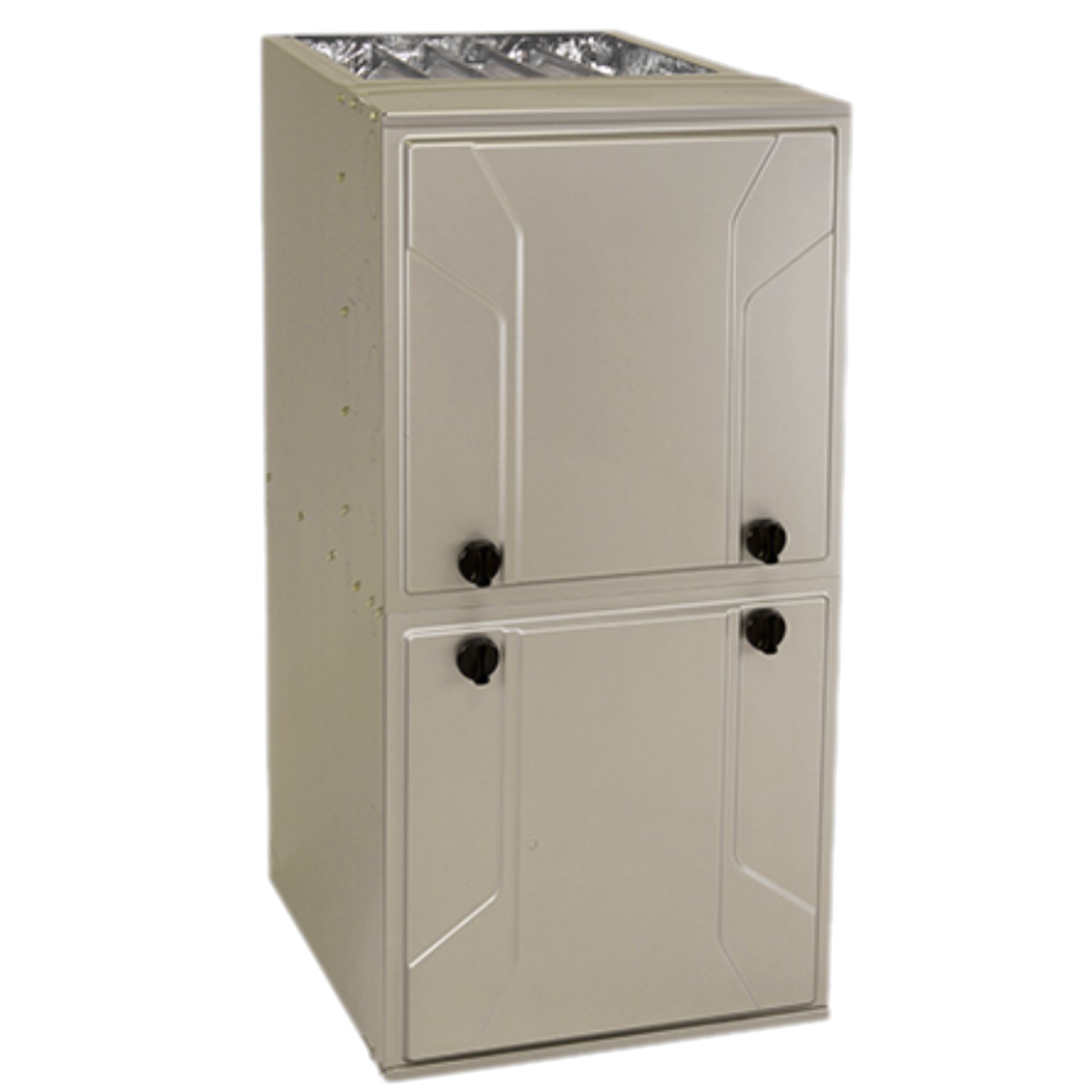Your heating and cooling system is a complex machine with countless small parts that have to work together with a great deal of symmetry to keep your home comfortable. Many of these devices can last 16 to 20 years with proper care, but often, parts will fail before that time from normal wear and tear or overuse.
We carry parts for these popular GMC models
Common GMC issues
Your GMC air handler isn't cooling your home—The evaporator coil may be clogged. Turn off the thermostat for a few hours to determine if the unit defrosts. If that doesn't do the trick, the evaporator coil or air filters may need to be replaced.
Your GMC heat pump is collecting frost—First, check to ensure that the air filter is clean. Replace the air filter if it’s dirty. If that's not the issue, you may need to replace the defrost control.
Your GMC combined heating and cooling unit is overheating—If the heat is centered around the condenser, you may need a new condenser fan blade. If that's not the issue, the condenser itself may be bad.
Common furnace problems
Some of the common problems furnaces experience involve not heating properly, making odd sounds, infrequent starting and stopping, the blower not running and having poor air quality. Below are some of the causes of these issues to help point you in the right direction for your DIY repair.
- There are three parts that usually need to be replaced when a furnace isn’t heating properly. The igniter has to glow sufficiently hot in order to ignite the gas coming out of the burners. If the igniter becomes cracked or corroded, it won’t heat up and may need to be replaced. The flame sensor tells the control board if a flame is present at the burners. If no flame is present, then the control board cuts off the gas valve to prevent gas buildup, meaning that the furnace won’t heat. The draft inducer motor sucks air into the heat exchanger and then blows it out of the flue. A faulty inducer will not trigger the pressure switch telling the control board that there's proper airflow, which will stall the ignition process.
- Excessive noise from your furnace can be caused by a few different issues. If the set screw on the blower wheel is loose, it will wobble slightly, causing noise as it blows air out of the furnace. The blower motor is responsible for providing the force to push heated air into your home, and the motor has bearings in it that can wear out, causing loud noises. There are also bearings in the draft inducer motor that can wear out and get loud.
- If your furnace starts up normally but then stops abruptly, there could be a few explanations. The aforementioned flame sensor might be working intermittently. The control board may have a short in it, causing it to not send voltage to the igniter. The pressure switch on the draft inducer might also have an intermittent short in it.
- If the blower never starts, there could be an issue with the control board being shorted out, a defective capacitor impeding the motor fan from running or a failure in the blower motor itself that requires replacing the unit.
- Poor air quality is almost always because of a dirty air filter. The filter can become dirty if it hasn't been changed according to the manufacturer's standards, causing excessive dust and debris to build up.
